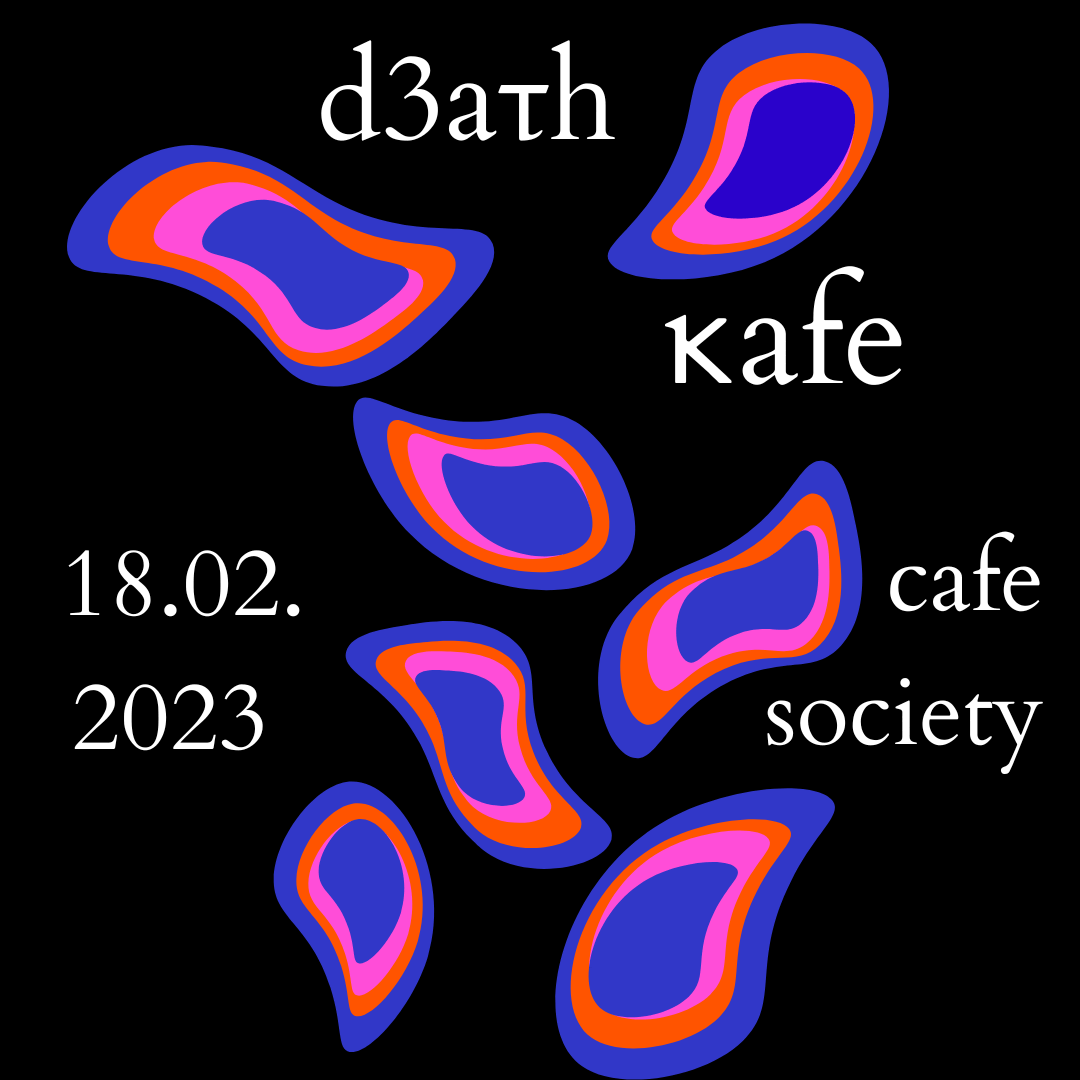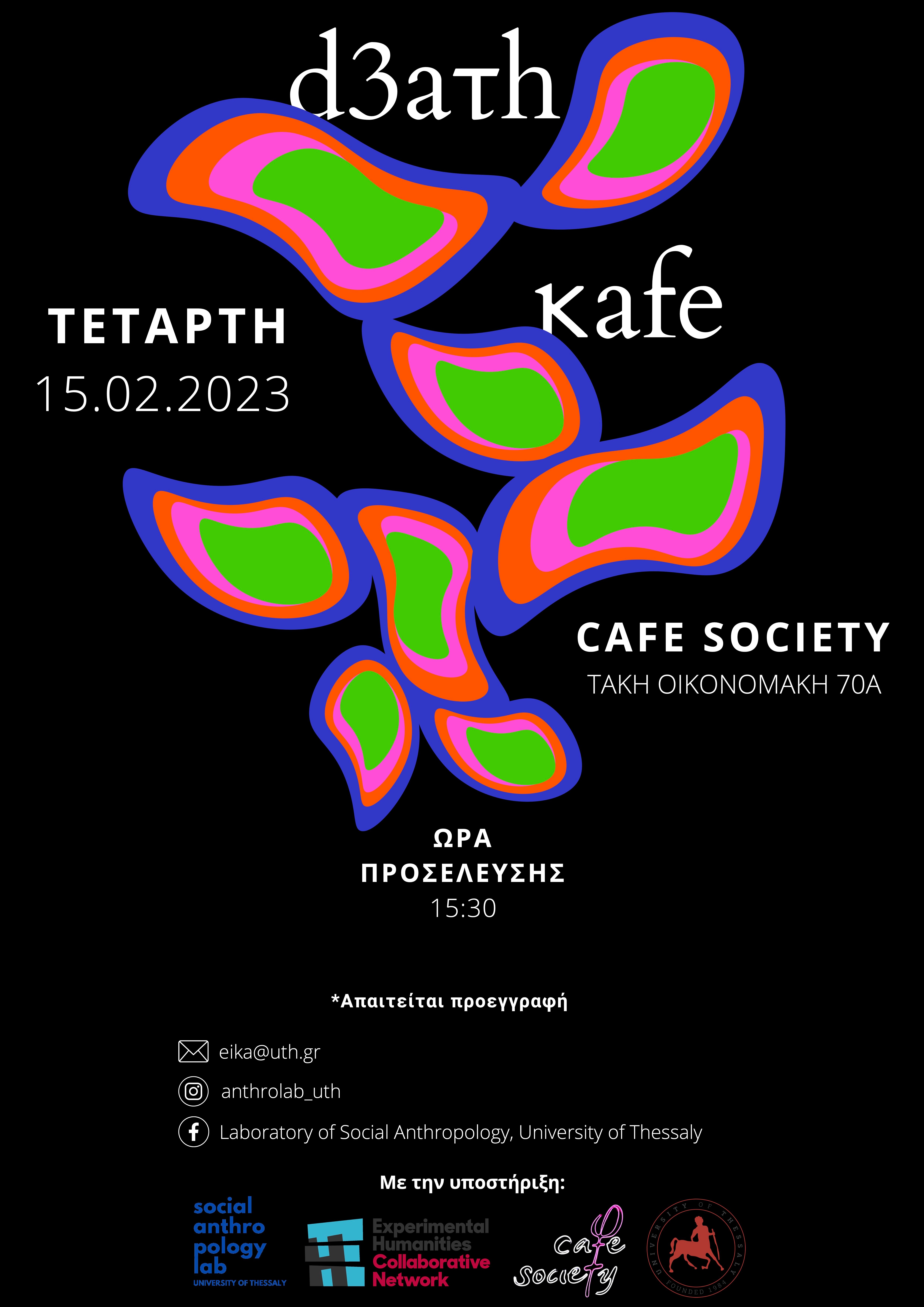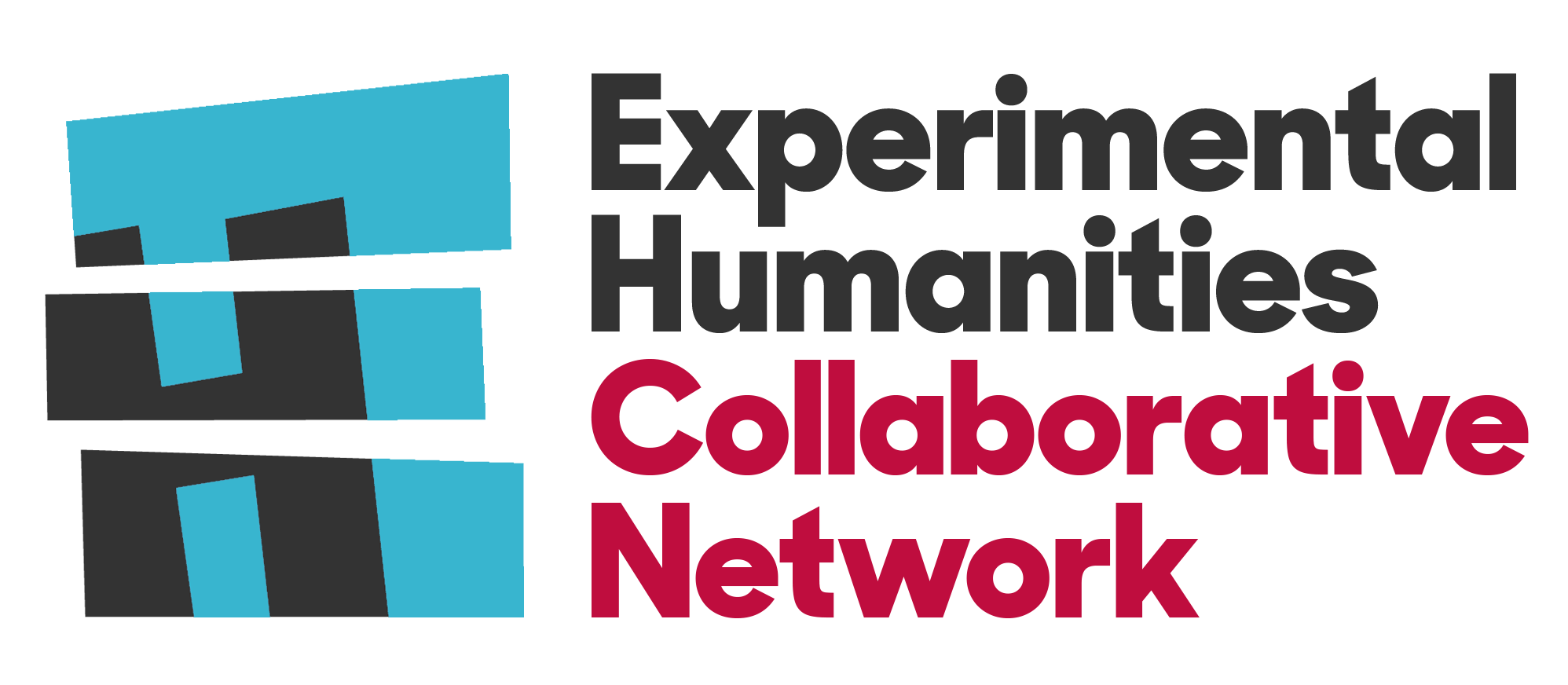Welcome to The Experimental Humanities Collaborative Network
Death Cafe
Οn February 15, 2023, at 3.30 pm, the students of Prof. Penelope Papailias’ course “Anthropology of Death” will be hosting a Death Café with the support of ECHN’s student-led initiative grants. The event will be held in a local café in the city of Volos and is open to the public.
Background:
The Death Café is a quintesential example of Experimental Humanities Methodology, infusing the fascinating and challenging topics we discuss in our classrooms into the world, in order to address historical transformations, emerging cultural practices, ethical dilemmas and political debates that are timely and relevant to the experiences aand concerns of our participants. This is not a top-down kind of dissemination, but a convivial gesture of opening a space of interaction in with the aim to create new research questions and inspire the students to further inquiry.
With the “Death Cafe”, we co-opt a format of meeting, popular in England and the U.S., in which strangers gather to discuss the normally taboo subject of death over a cup of coffee or tea. Everyone has thoughts, worries, questions about death, dying and grieving, but usually do not feel comfortable or sanctioned expressing them in public. In our take on the Death Cafe, we will not be addressing death as a biological fact or psychological dilemma, but anthropologically: as social relation, political stake, historical phenomenon and cultural meaning. The goal through this format is to foster a temporary -but we hope transformative - community of participants, as in a reading group: a safe space to talk about issues that are both intimate and controvesial.
The program:
The program begins at 3.30 pm when we serve tea, coffee and a light snack to our registered guests. After a welcome from Prof. Papailias and doctoral candidate Penny Paspali, there will be a first part with two roundtables and, after a short break, a second part with three roundtables. Participants will gather around the table of their choosing, with coffee and tea, and engage in an interactive discussion led by the students - including short presentations, games, collage-making, free writing exercises. Students who are not presenting will be on hand as “ethnographers” to take notes on the sessions, as well as to take photographs (with permission).
The panels are on the following topics
- Αnimal Deaths: Can people mourn non-human lives? (Barbara Chousiafi, Anthi Memezi, Maria Vergetaki, Spyridoula Vlachou)
- “I cannot forget your smile”: Public performances of activist mourning (Kyriaki Gourgouli, Giannoula Mourtsinoudi, Elena Lavva)
- Who decides in the end? A conversation about organ donation and the criminalization of abortion (Dimitra Tzitska, Maria Kaipalexi)
- Meta Thanaton (Erika Tsioukantana, Anestis Kontogiannis, Konstantinos Stamatoulis)
- From Lenin to the funerals of monarchs: The role of the dead body in politics (Anastasis S. Potamianos, Alexandros Tilias)
Participants:
We advertised the event on social media and available seats were fully subscribed the next day (!) (35 maximum participants, waitlist for a possible future edition). Fourteen undergraduate students will be presenting. One undergraduate student from the Laboratory of Social Anthropology will be supporting the event on a technical level. One PhD student, who helped the students throughout the process with their research and presentations, will assist Prof. Papailias with the coordination of the event.



